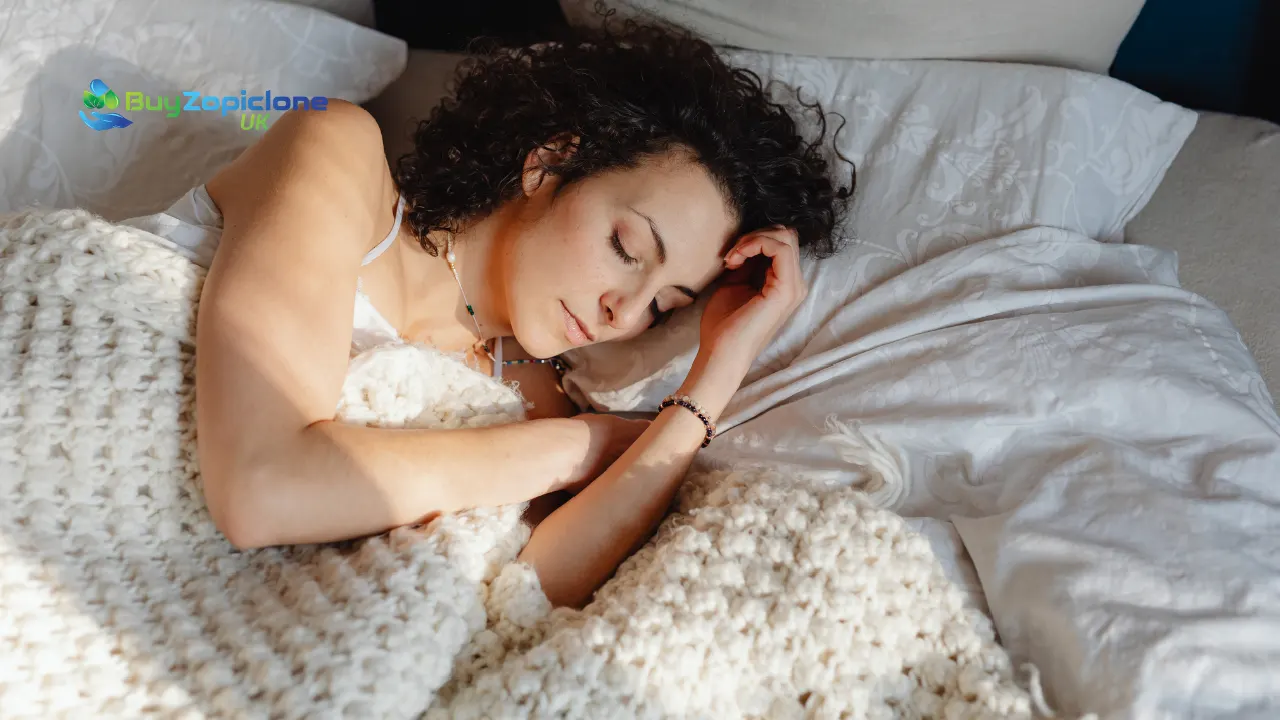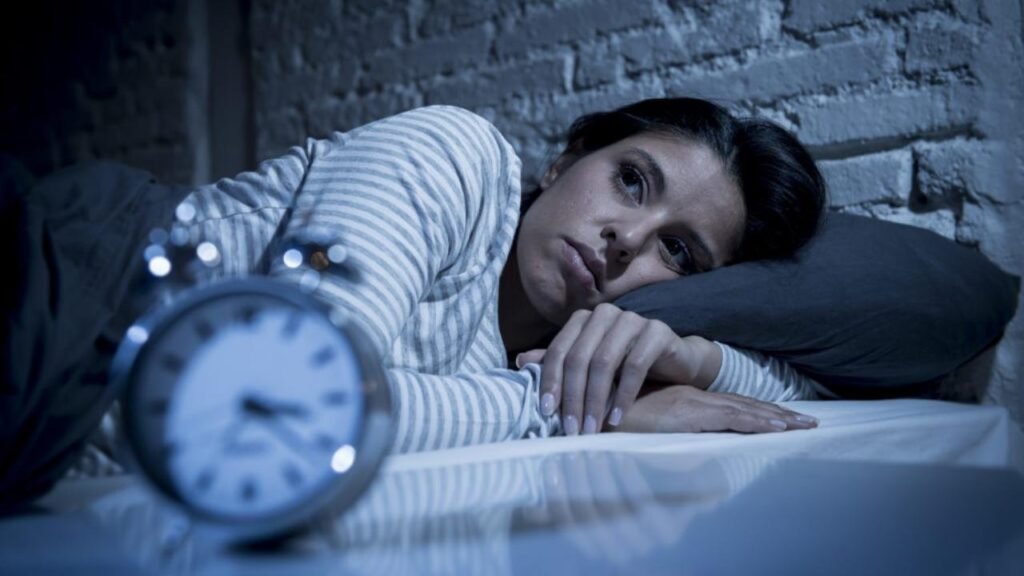Getting adequate sleep is crucial for everyone, but women face unique sleep challenges that may require special attention. If you’ve ever wondered whether women need more sleep than men or struggled with sleep issues yourself, you’re not alone. Research indicates that women’s sleep needs differ from those of men, influenced by hormonal changes, life stages, and various biological factors.
The Short Answer: How Many Hours of Sleep Do Women Need?
According to leading sleep researchers and health organizations, women require 7-9 hours of sleep per night, which is the same general recommendation for all adults. However, studies suggest women may need slightly more sleep than men, approximately 20-30 minutes additional sleep on average.
Research from the Sleep Foundation reveals that women sleep an average of 11 minutes longer than men, though this small difference represents larger underlying factors affecting women’s sleep quality and recovery needs.
Why Women Need More Sleep: The Science Behind It
1. Hormonal Fluctuations Impact Sleep Quality
Women experience regular hormonal changes that directly affect sleep patterns. Unlike men, whose hormone levels remain relatively stable, women’s estrogen and progesterone levels fluctuate throughout their menstrual cycle, during pregnancy, and through menopause.
During the menstrual cycle:
- Progesterone levels drop dramatically before menstruation, making it harder to achieve quality sleep
- Women with PMS or PMDD experience even more significant sleep disruptions
- Studies show that poorer sleep quality is common in the premenstrual phase
During pregnancy:
- Sleep becomes more challenging due to physical discomfort, frequent bathroom breaks, and anxiety
- Up to 40% of pregnant women experience insomnia symptoms by the third trimester
- Hormonal changes directly affect sleep architecture and quality
During menopause:
- Declining estrogen and progesterone levels disrupt sleep-wake cycles
- Hot flashes and night sweats cause frequent nighttime awakenings
- The risk of sleep disorders like sleep apnea increases significantly
2. Higher Rates of Sleep Disorders
Women are disproportionately affected by several sleep disorders:
- Insomnia: Women are 40% more likely than men to experience insomnia during their lifetimes
- Restless Legs Syndrome: Risk is twice as high for women compared to men
- Sleep Apnea: While more common in men, post-menopausal women face equal risk, often with less obvious symptoms
3. Mental Health Connections
The relationship between mental health and sleep creates additional challenges for women:
- Women are twice as likely to experience anxiety and depression compared to men
- Both conditions are strongly linked to sleep disturbances
- Poor sleep can worsen mental health symptoms, creating a challenging cycle
According to Cleveland Clinic research, women with depression are significantly more likely to experience sleep problems, including difficulty falling asleep, staying asleep, and early morning awakening.
Do Women Sleep More Than Men?
Interestingly, while women may need more sleep, the reality is more complex. Research shows:
- Sleep Duration: Women do sleep slightly longer on average (about 11 minutes more per night)
- Sleep Quality: Women report poorer sleep quality despite sleeping longer
- Sleep Interruptions: Women’s sleep is more frequently disrupted due to caregiving responsibilities
- Recovery Sleep: Women are more sensitive to sleep loss and require more recovery time
Age-Specific Sleep Requirements for Women
Young Adult Women (18-35)
- Recommended sleep: 7-9 hours
- Common challenges: Irregular schedules, stress, early career demands
- Key tip: Maintain a consistent sleep schedule despite social and work pressures
Reproductive Years (25-45)
- Recommended sleep: 7-9 hours, potentially more during menstruation and pregnancy
- Common challenges: Pregnancy-related sleep issues, caring for young children
- Key tip: Prioritize sleep hygiene and seek support when needed
Perimenopausal/Menopausal Women (45+)
- Recommended sleep: 7-9 hours, may need slightly more due to sleep disruptions
- Common challenges: Hot flashes, night sweats, and increased sleep disorders
- Key tip: Consider cooling sleepwear and speak with healthcare providers about treatment options
Signs You’re Not Getting Enough Sleep
Women should pay attention to these warning signs of insufficient sleep:
- Feeling tired later in the morning (not immediately upon waking)
- Difficulty concentrating or making decisions
- Increased irritability or mood swings
- Frequent illnesses due to a weakened immune system
- Relying heavily on caffeine to function
- Falling asleep during the day unintentionally
Practical Tips for Better Sleep Quality
Optimize Your Sleep Environment
- Keep your bedroom cool (65-68°F), dark, and quiet
- Invest in blackout curtains or an eye mask
- Use a comfortable, supportive mattress and pillows
- Consider a white noise machine if you’re sensitive to sounds
Establish a Consistent Sleep Schedule
- Go to bed and wake up at the same time every day, including weekends
- Allow for 7-9 hours of sleep opportunity
- Create a relaxing bedtime routine starting 30-60 minutes before sleep
Address Hormonal Sleep Disruptions
- Track your menstrual cycle and sleep patterns to identify problematic times
- During menopause, consider cooling pajamas or breathable bedding
- Discuss hormone replacement therapy options with your healthcare provider if appropriate
Manage Stress and Mental Health
- Practice relaxation techniques like meditation or deep breathing
- Keep a gratitude journal to process daily stresses
- Seek professional help if anxiety or depression is affecting your sleep
Lifestyle Modifications
- Limit caffeine after 2 PM
- Avoid alcohol close to bedtime
- Get regular exercise, preferably earlier in the day
- Expose yourself to natural light in the morning
When to Seek Professional Help
Consult a healthcare provider or sleep specialist if you experience:
- Persistent insomnia lasting more than 3 weeks
- Loud snoring or breathing interruptions during sleep
- Excessive daytime fatigue despite adequate sleep opportunity
- Symptoms of depression or anxiety affecting sleep
- Physical discomfort is preventing restful sleep
Special Considerations During Different Life Stages
Pregnancy Sleep Needs
Pregnant women often require additional sleep due to:
- Physical discomfort and frequent urination
- Hormonal changes affecting sleep architecture
- Increased energy demands on the body
- Anxiety about impending parenthood
Pregnancy sleep tips:
- Use pregnancy pillows for support
- Sleep on your side, preferably left
- Avoid large meals before bedtime
- Practice relaxation techniques
Postpartum Sleep Recovery
New mothers face unique sleep challenges:
- Newborn feeding schedules disrupt normal sleep patterns
- Hormonal changes continue affecting sleep
- Physical recovery from childbirth impacts comfort
Postpartum sleep strategies:
- Sleep when the baby sleeps
- Accept help with nighttime feedings when possible
- Prioritize sleep over household tasks
- Consider separate sleeping arrangements temporarily if helpful
The Health Benefits of Adequate Sleep for Women
Getting sufficient sleep provides numerous health benefits, specifically important for women:
Physical Health
- Heart Health: Adequate sleep reduces the risk of cardiovascular disease
- Weight Management: Proper sleep helps regulate hunger hormones
- Immune Function: Quality sleep strengthens disease resistance
- Hormonal Balance: Sleep helps regulate reproductive hormones
Mental Health
- Mood Regulation: Sufficient sleep improves emotional stability
- Cognitive Function: Better sleep enhances memory and decision-making
- Stress Management: Quality sleep improves resilience to daily stressors
Reproductive Health
- Menstrual Regularity: Adequate sleep supports healthy cycles
- Fertility: Poor sleep can negatively impact conception efforts
- Pregnancy Outcomes: Good sleep during pregnancy reduces complications
Common Sleep Myths About Women Debunked
Myth: “Women are just naturally better at functioning on less sleep.” Truth: Women are more sensitive to sleep deprivation than men and suffer greater health consequences from insufficient sleep.
Myth: “Hormonal sleep problems are just part of being a woman.” Truth: While hormonal changes do affect sleep, many effective treatments and strategies can significantly improve sleep quality.
Myth: “Older women need less sleep.” Truth: Sleep needs remain relatively consistent throughout adulthood; older women may experience more sleep disruption, but still need 7-9 hours.
Creating Your Personalized Sleep Plan
Every woman’s sleep needs are unique. Consider these factors when developing your sleep strategy:
- Track your sleep patterns for 1-2 weeks to identify trends
- Note how you feel with different amounts of sleep
- Identify your specific sleep disruptors (hormonal, environmental, lifestyle)
- Experiment with solutions one at a time to see what works
- Be patient with the process – sleep improvements take time
The Bottom Line
Women’s sleep needs are influenced by complex biological, hormonal, and social factors that often require more than the standard sleep recommendations. While the general guideline of 7-9 hours applies, women may benefit from slightly more sleep—particularly during times of hormonal change, stress, or illness.
The key is not just the quantity of sleep but the quality. By understanding your unique sleep challenges and implementing targeted strategies, you can achieve the restorative rest your body needs to thrive.
Remember that persistent sleep problems aren’t something you have to endure. If you’re consistently struggling with sleep despite good sleep hygiene practices, don’t hesitate to consult with a healthcare provider or sleep specialist. Quality sleep isn’t a luxury—it’s essential for your health, well-being, and quality of life.
Sources:
- Sleep Foundation – Do Women Need More Sleep Than Men?
- Cleveland Clinic – Why Women Need More Sleep
- National Center for Biotechnology Information – Sleep and Women’s Health
This article is for informational purposes only and should not replace professional medical advice. Always consult with a healthcare provider for personalized sleep recommendations and treatment of sleep disorders.
Also Read: How to Overcome Chronic Insomnia: 7 Evidence-Based Strategies That Actually Work





